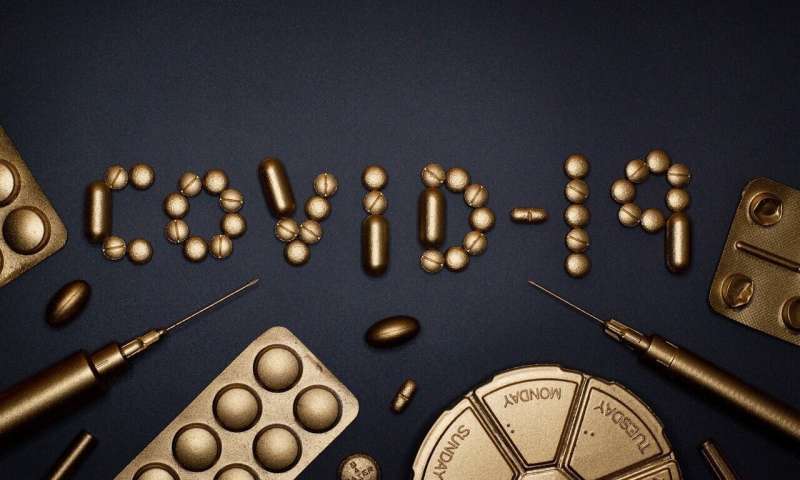France advises against Moderna for under-30s over rare heart risk


French health authorities advised against use of the Moderna COVID jab for people under 30 late yesterday, after a nation-wide study confirmed a slight risk of cardiac inflammation associated with mRNA vaccines.
The study from Epi-Phare, an independent medicines safety research group that works closely with the French government, confirmed previous findings—while noting cases are rare and do not cast doubt on the effectiveness of the shots.
It looked at all people in France aged 12 to 50 who were hospitalised for myocarditis (inflammation of the heart muscle) or pericarditis (inflammation of the tissue surrounding the heart) between May 15 and August 31 of this year.
Results showed that vaccines from both Pfizer and Moderna increase the risk of these illnesses within seven days of vaccination.
The risk, while low, is higher in men under 30 years old and particularly after a second dose of the Moderna vaccine, which the study found possibly responsible for some 132 cases of myocarditis per million doses given.
For Pfizer the result was nearly 80 percent lower, with the number of cases per million doses estimated at 27.
In women under 30, Moderna may have led to 37 cases of myocarditis per million doses.
Risk of pericarditis is also greater after a second dose of Moderna in people under 30, with 18 cases per million doses given in young men.
No deaths among patients hospitalised with these illnesses following vaccination have been reported.
The US has also delayed approval of the Moderna jab for young people, though last week they recommended use of the Pfizer vaccine for children ages five to 11 after reviewing the risks of myocarditis.
Paediatric cardiologist Matthew Oster, commenting on the Pfizer recommendation at the time, said he was “much more worried” about the risks of COVID to young people than risks posed by the vaccine.
Mahmoud Zureik, who heads up Epi-Phare, echoed the sentiment.
Source: Read Full Article




